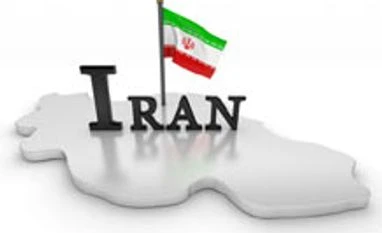The deal on Iran's nuclear issue balanced the interests of all sides involved in the negotiations, Iran's Foreign Minister Mohammad-Javad Zarif said.
"In the deal, no side has imposed its will on the other side. Otherwise, it could not have been called a deal but a document of surrender," Xinhua quoted Javad Zarif as saying.
According to the recent UN security council resolution, and based on the joint comprehensive plan of action (JCPOA), Iran will no longer be banned to cooperate with other countries on peaceful nuclear activities, but instead countries are encouraged to interact with Iran in this regard.
The deal says that Iran's nuclear case will no longer be on the agenda of the UN security council, and it will be closed after 10 years, Zarif said, adding that the agreement can benefit all sides.
Head of atomic energy organisation of Iran Ali-Akbar Salehi said on Sunday that although Iran accepted some limitations on its nuclear programme in the JCPOA, it is not going to limit its peaceful nuclear activities.
The landmark deal, reached by Iran and the P5+1 group -- the US, Britain, China, France, Russia and Germany -- in Vienna on July 14, is expected to put Iran on the path of sanctions relief with more strict limits on its nuclear programme.
)